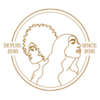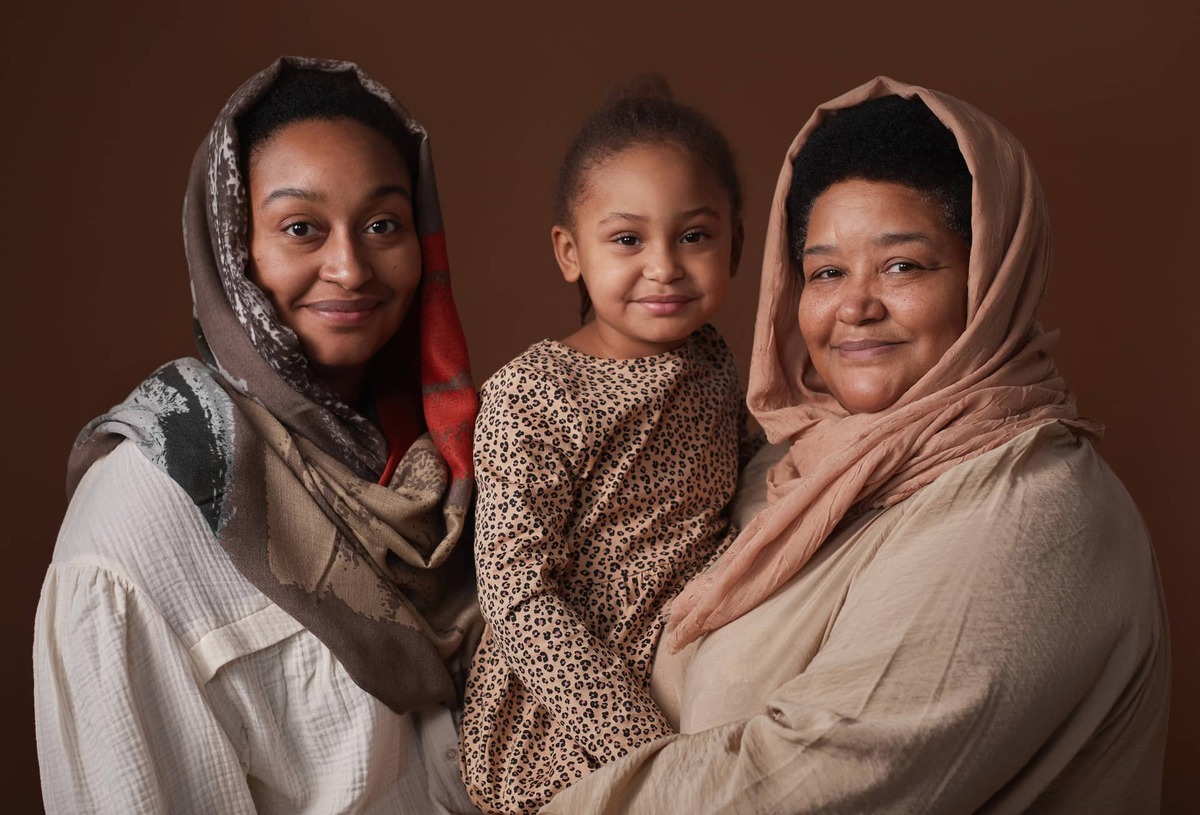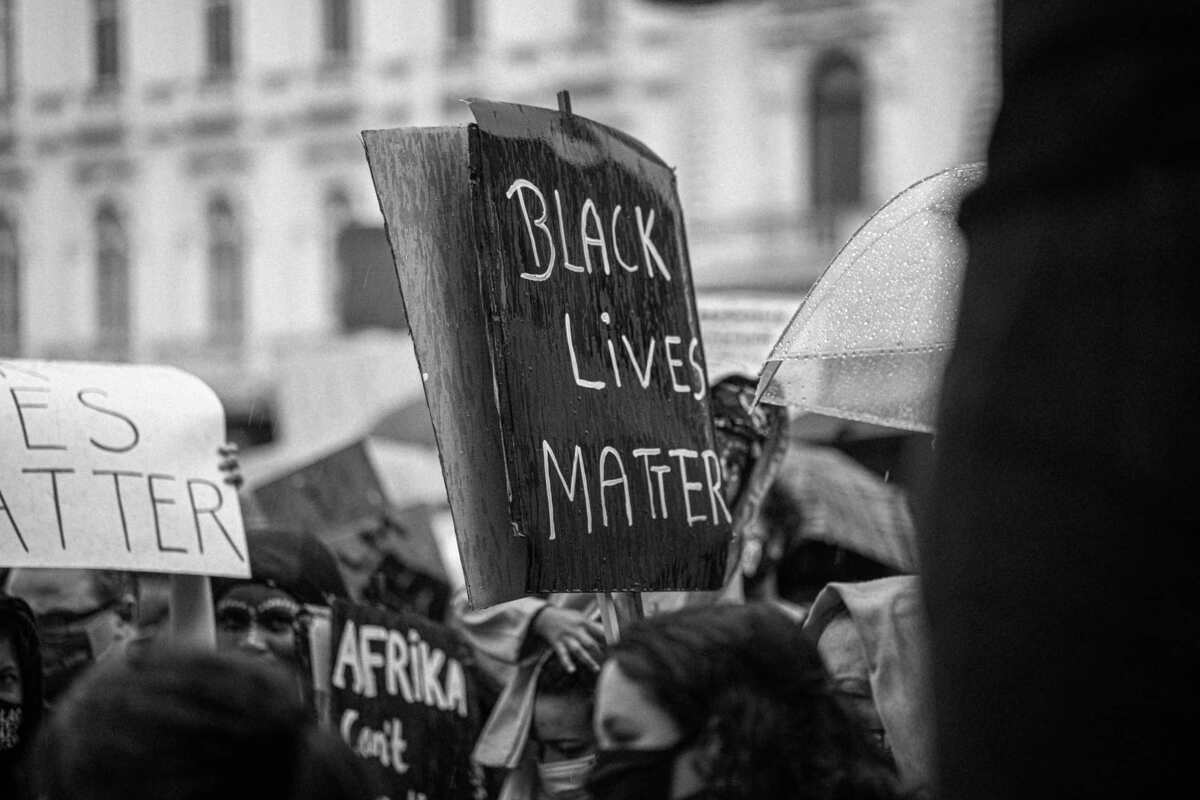September 26, 2016

By Bucky Badejo
Living away from home, or as a part of the diaspora, it is easy to feel disconnected from Africa. We are well aware of the biases present in Western media that present Africa as backwards, uncivilized, and under a victimizing scope that entices pity and a hint of condescension from the viewer. We are aware of this, but, well, when in Rome, right? We catch ourselves stuck between a rock and a hard place, sharing pictures of the better parts of our countries, the wealth and the fashion, as if to say “see, we’re not that different! We’re just like you!” But in that same breath we are struggling to keep in mind the very real poverty that doesn’t disappear just because we don’t see it. To keep ourselves grounded and not invent false realities in an tempt to play catch-up, to stay authentic and real. So how do we stay real? How do we stay grounded with what the truth of Africa is, the countries that we know and love, but often feel separated from?
Well, by connecting with what’s real. There are obviously numerous benefits to studying Africa in an academic manner, and studying the socioeconomic structures of Africa and African people in this academic context produces results that are very real and beneficial to our societies as a whole. But rather than analyses of Africa and Africans in an academic context, which often serve to prove a point and support a thesis, why not engage with Africa as it presents itself to us organically?
In 2016 it’s easier now than ever before to be connected to individuals around the world. In this same vein, it’s easier to stay connected with Africa on almost every platform. Africans on the continent use these available mediums to communicate with the rest of the world and all we need to do is listen. The first time I read Adichie, Soyinka or Achebe, I wasn’t on some quest to support an argument for an academic thesis. I was simply consuming entertainment and knowledge as it was presented and available, because it really is that simple. You want to stay connected with the reality of Africa and Africans? Listen to what people on ground tell you, as they express it through literature, music, journalism, and yes, even academic essays. Through this fiction and non-fiction, this method of communication, we are connected to the very real stories of of the people writing them. If we want to remain connected with Africa, we must read African authors, listen to the music, follow the news and the journalism. As long as these aspects are presented to us in these different forms, staying connected to Africa, home is only a hair’s length away. We need not worry about being real or authentic because these honest stories exist, and as long as they exist, they are real and they are truth, and we can reach them.

Bucky Badejo
Writer
Bucky is a student in Political Science and History at McGill University. Born in France but raised in Lagos, Nigeria, SAYASPORA is an opportunity for her to develop and highlight the power of women's voices, particularly African women's voices, which are often ignored in mainstream media.
Images credits:
© www.layepro.com





